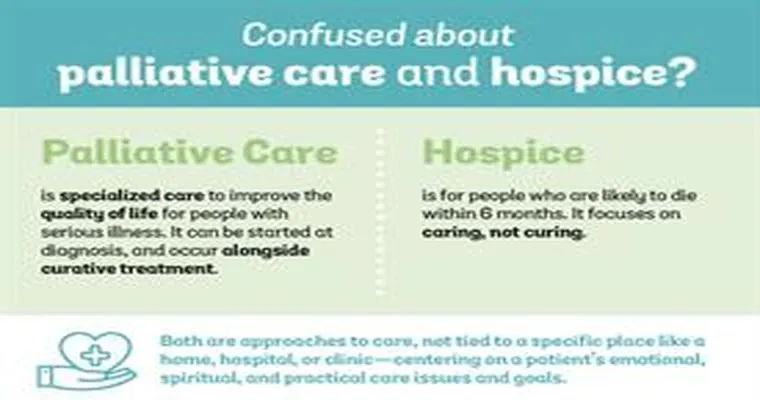"Palliative care" is a specialized medical approach aimed at improving the quality of life for patients facing serious illnesses. This form of care focuses on providing relief from the symptoms, pain, and stress associated with severe health conditions. Unlike curative treatments, which aim to eradicate illness, palliative care prioritizes the comfort and support of patients and their families throughout the course of the disease. It addresses not only physical symptoms but also emotional, social, and spiritual needs, ensuring comprehensive support.
Palliative care can be beneficial at any stage of an illness and can be provided alongside curative treatments. It is not limited to end-of-life scenarios, making it a vital resource for individuals dealing with chronic conditions such as cancer, heart disease, or neurological disorders. The goal is to facilitate a better quality of life, enabling patients to live as fully and comfortably as possible.
One of the distinguishing features of palliative care is its "interdisciplinary approach". A team of healthcare professionals, including doctors, nurses, social workers, and chaplains, collaborate to create a personalized care plan that reflects the patient's goals and preferences. This holistic approach ensures that all aspects of a patient's well-being are taken into account, from managing physical symptoms to providing emotional support to both patients and their families.
Communication plays a crucial role in palliative care. Healthcare providers engage in open discussions with patients about their illness, treatment options, and goals for care. This dialogue allows patients to express their wishes and make informed decisions about their healthcare journey. By fostering a supportive environment, palliative care encourages patients to articulate their concerns and preferences, which can significantly enhance their overall experience.
In addition to managing symptoms and pain, palliative care also offers "support services" for families. Caregiving can be emotionally and physically exhausting, and palliative care teams provide resources and counseling to help families cope with the challenges they face. This support network is essential in helping loved ones navigate the complexities of serious illness, ensuring that they are not alone in their journey.
Furthermore, palliative care can lead to improved outcomes for patients. Studies have shown that individuals receiving palliative care often experience less pain, fewer hospitalizations, and better overall satisfaction with their healthcare. By focusing on quality of life and symptom management, palliative care can contribute to a more positive experience for both patients and their families, regardless of the stage of illness.
In summary, palliative care is a compassionate and comprehensive approach to managing serious illnesses. By prioritizing the "quality of life", addressing physical and emotional needs, and providing essential support for families, palliative care plays a critical role in the healthcare system. Whether received alongside curative treatments or as a primary focus, palliative care empowers patients to live their lives to the fullest, even in the face of serious health challenges.





